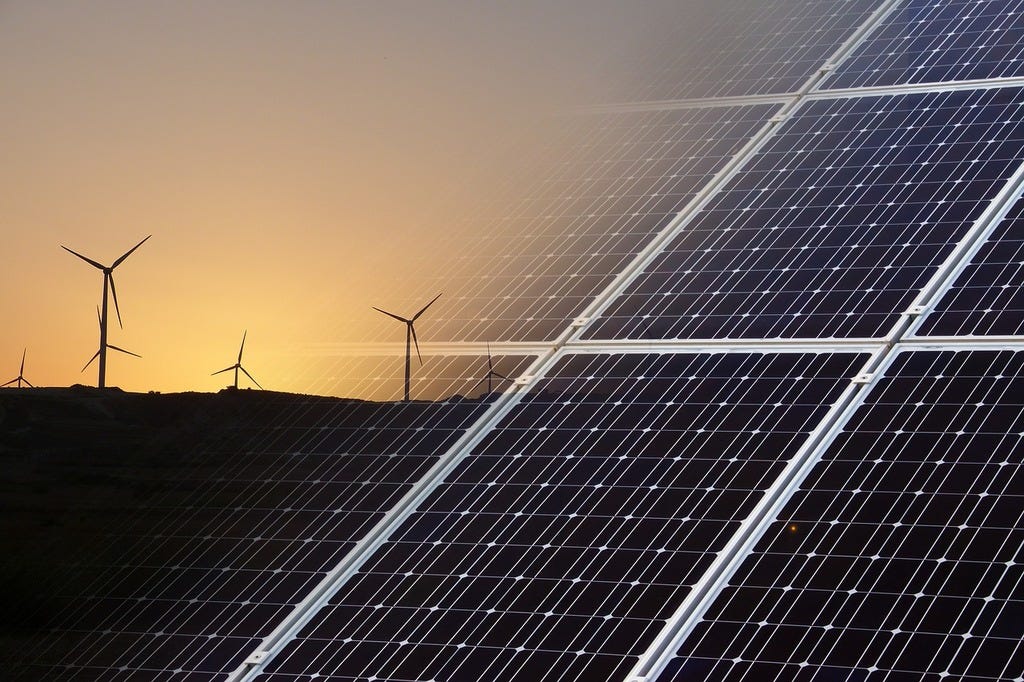Dear all,
Facts. Hardcore facts. No sentimentality. No feelings. Just facts. Hard, merciless facts. The financial mainstream industry is doing what it’s supposed to do—a mean, well-oiled machine generating short-term returns for shareholders, at any price, or rather, at the price the markets agree is fair. Now, when we talk about it, what is a fair price, and who are the shareholders? A fair price is any price that outsources costs, such as externalities (like climate impacts or living wages), to taxpayers or anyone else who can bear them. Profits are privatized; costs are socialized. Markets do what markets do. Politicians are supposed to regulate markets—protect taxpayers, shield citizens from market villains, ensure stable living conditions, and provide safety and opportunities for personal and societal development. Facts.
Most of you may remember the narrative from the latest COP about the transition from fossil fuels and the need to do so as quickly as possible, given that the world we live in is literally burning up (at least if we trust science and the record-breaking heat every year). Facts. Don’t matter. They seldom matter to the masses around the world. People buy stories. They always have. And the story people are buying now is that the transition away from fossil fuels is not so urgent. It’s expensive, and given geopolitical tensions, not really the thing we should focus on right now. There are more pressing issues. A little more heat won’t really hurt anyone who can afford air conditioning and a trip to cooler latitudes when reality becomes too unbearable. Facts.
Shareholders: all of us. Publicly listed companies are, in most cases, held in pension schemes and other financial products like insurance and mutual funds, where people save their money, hoping to get better off. Facts. When you buy an EV and keep your money invested in pension schemes and funds that take no climate responsibility, you are, in fact, accomplishing nothing. Fact. Politicians regulate pension schemes (and pension companies) and the risks these companies are allowed to take with your pension money. They are bureaucrats. They are re-elected. They don’t rock the boat. They don’t take responsibility; they manage what is already there. Facts. Your pension scheme, your mutual fund savings, are enabling the climate emergency on a global scale. Every day, 24/7. While you jog, while you drop your kids off at school, while you have that beer with your friend—markets work all the time, and they work efficiently, as they should. Their only target is to generate profit for you (and themselves) at any price. This is how markets work, and all of us are part of the scheme. Or at least that’s what we’re told. We’re told, and we buy into the idea, that we are greedy creatures, that we only think about our own gain. Despite all the nice words—sustainability and all that nonsense about the climate emergency—we prefer returns on our investments, regardless of how they’re generated, as long as we get the money. There are no morals, no values, no accountability, no dignity. This is what the markets tell us, and this is what the agents representing us—large financial institutions investing and managing our pension schemes and savings—do. They’re just doing their job: maximizing profit for us (and them) in the shortest possible time, with no climate strings attached. Why should they? We didn’t ask for anything else. The profits we get from our pension schemes and savings, invested in Exxon, will allow us to use those gains to climate-proof our properties, damaged by increased storms, and to buy solar panels—caused by Exxon or by us using products provided by Exxon. It’s a lose-lose deal, presented to us as natural law and win-win magic. Facts. There’s nothing you can do about this. It’s natural law. You’re greedy. You don’t care, although you think you do. Let me provide one very recent example.
Keep reading with a 7-day free trial
Subscribe to ESG on a Sunday to keep reading this post and get 7 days of free access to the full post archives.



